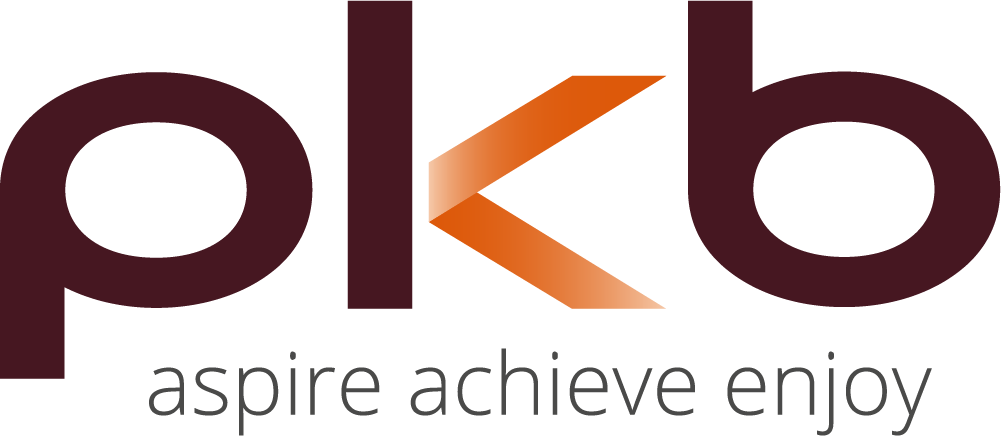This week, HMRC have started contacting self-employed people who are likely to be eligible to tell them what they need to do to get ready to claim. Applications will open in tranches based on the unique taxpayer number (UTR) given to all self-employed taxpayers.
From this week, people will be able to use a new online eligibility checker. If the checker confirms that they’re eligible (and they qualify due to being affected by coronavirus and because they intend to continue trading), they will be given a date when they can use the online service to make a claim from 13 May.
Payments will be made to claimants’ bank accounts from 25 May 2020 (ahead of the original June schedule).
The Self-Employment Income Support Scheme will allow taxpayers to claim a taxable grant of 80% of their average monthly trading profits, paid out in a single instalment covering 3 months, and capped at £7,500 altogether.
You can find out more about the scheme including who is eligible and how you can claim here.
Key points that have changed since the previous version of the guidance:
- HMRC guidance sets out information required to make a claim.
- The taxpayer has to claim and needs to set up a Government Gateway account.
- Agents cannot make claims on their client’s behalf.
- If taxpayers are unable to claim online, an alternative way to claim will be available.
- Apart from taxpayers subject to the loan charge, their 2018/19 tax return must have been submitted by 23 April 2020 to qualify.
- Returns submitted between 26 March 2020 and 23 April 2020 will be subject to additional anti-fraud checks.
- Taxpayers subject to the loan charge have until 30 September 2020 to submit their 2018/19 tax return.
- There is additional guidance on partnerships where some partners qualify, and others do not – the grant belongs to the partner that qualifies for SEISS.
- SEISS is State Aid and may not be available if the taxpayer is already above the State Aid limit.
- Where the taxpayer is a non-resident or taxed on the remittance basis, their total income includes overseas income that is not subject to tax in UK.
Returns that are late, amended or under enquiry
If taxpayers didn’t submit their Self-Assessment tax return for the tax year 2018/19 on or before 23 April 2020, they won’t be able to claim. Claims based on late returns submitted between 26 March 2020 and 23 April 2020 will be subject to additional anti-fraud checks by HMRC.
When working out eligibility or the amount of the grant, HMRC will not take into account Self-Assessment tax returns for the tax years 2016/17 or 2017/18 if they’re submitted after 23 April 2020.
HMRC will use data on the tax returns already submitted to identify those eligible to claim.
When working out eligibility or the amount of the grant, HMRC will not take into account any changes made to submitted returns after 6pm on 26 March 2020.
HMRC will also only use the information in your original return if your tax return:
- Is under enquiry
- Has been the subject of a contract settlement
Members of a partnership
Each partner in a partnership will need to make a claim based on their own circumstances.
HMRC will work out your eligibility based on that partner’s share of the partnership’s trading profits.
If the partnership rules require the grant to be paid into the partnership pot, the partnership should give the full grant back to the partner that qualifies for the SEISS grant.
What if I’m on parental leave?
If the taxpayer is self-employed but when they apply are taking a break from trading because of a new baby or adoption, or have done since 6 April 2019, they may still be eligible because HMRC will treat them as still trading.
If claiming Maternity Allowance this will not affect eligibility for the grant.
If the taxpayer has loans covered by the loan charge and has not agreed a settlement with HMRC before 20 December 2019
If the taxpayer has received payment for work or services in the form of a loan or other form of credit covered by the loan charge, they may be able to claim the grant if they were self-employed in the tax year 2017/18 and have submitted their Self-Assessment tax return for that year.
This also applies if the loans will be removed from the loan charge because of the changes announced by the government following the loan charge independent review.
HMRC will work out their eligibility and average trading profits based on either:
- The average of the tax years 2016/17 and 2017/18.
- The tax year 2017/18 if they were not self-employed in the tax year 2016/17.
Such taxpayers did not have to file their 2018/19 Self-Assessment tax return by 23 April 2020 but have an extension to file by 30 September 2020.
Taxpayers claiming averaging relief
HMRC will use the amount of profit before the impact of the averaging claims for self-employed farmers or market gardeners, and creative authors and artists to determine:
- If they can claim the grant.
- How much grant they will receive.
Impact of State Aid limits
The Self-Employment Income Support Scheme is a state aid granted under the European Commission’s Temporary Framework for state aid designed to respond to coronavirus (COVID-19).
Taxpayers should not claim the grant if they’re already above the state aid limits or if claiming this grant would take them above those limits.
The maximum level of aid that a business may receive under the Temporary Framework is €800,000 (€120,000 per undertaking active in the agriculture and aquaculture sector or €100,000 per undertaking active in the primary production of agricultural products).
This limit applies not just to any aid that the taxpayer gets through the Self-Employment Income Support Scheme, but to any aid they claim across all measures granted under the terms of the European Commission’s Temporary Framework.
The euro equivalent of the Sterling aid amount is calculated using the commission exchange rate applicable on the date the aid is offered.
If the taxpayer operates in more than one sector to which different maximum amounts apply, (for example in both agriculture and industrial activities), they should keep separate accounts to avoid exceeding ceiling limits and cross-subsidisation of aid across different sectors.
The aid must be granted no later than 31 December 2020.
If taxpayers claim the grant, they must be clear that this will not take them above the state aid limits, which are detailed above.
This aid is in addition to any aid that taxpayers may have received under the de minimis regulation which allows aid of up to €200,000 (or the lower limits that apply to agriculture and aquaculture), to any one organisation over a 3 fiscal year period (for example the current fiscal year and previous 2 fiscal years).
Non-resident taxpayers and those taxed on the remittance basis
Such taxpayers may be eligible for the grant if they are self-employed and are either:
- Not resident in the UK.
- Resident in the UK and have chosen the remittance basis.
They will have to confirm to HMRC that their UK trading profits are at least equal to their other worldwide income. Their total income includes “overseas income” for a tax year which is any amount of income which is not charged to income tax in the United Kingdom that is substantially similar to an amount of income that would be chargeable to income tax in the United Kingdom if it arose in the United Kingdom.
After you’ve claimed
Once you’ve submitted your claim, you will be told straight away if your grant has been approved. HMRC will pay the grant into your bank account within six working days.
You must keep a copy of all records in line with normal self-employment record keeping requirements including:
- The amount claimed.
- The claim reference number for your records.
- Evidence that your business has been adversely affected by coronavirus.
You will need to report the grant:
- On your Self-Assessment tax return.
- As self-employed income for any Universal Credit claims.
- As self-employed income and that you are working 16 hours a week for any tax credits claims.
If you have any questions about the scheme, please don’t hesitate to get in touch.
To read news and blogs from Rebecca Austin, click here >>


